-
 New arrival best prices bent food storage lunch boxes 1500ml disposable plastic rectangular food box
New arrival best prices bent food storage lunch boxes 1500ml disposable plastic rectangular food box -
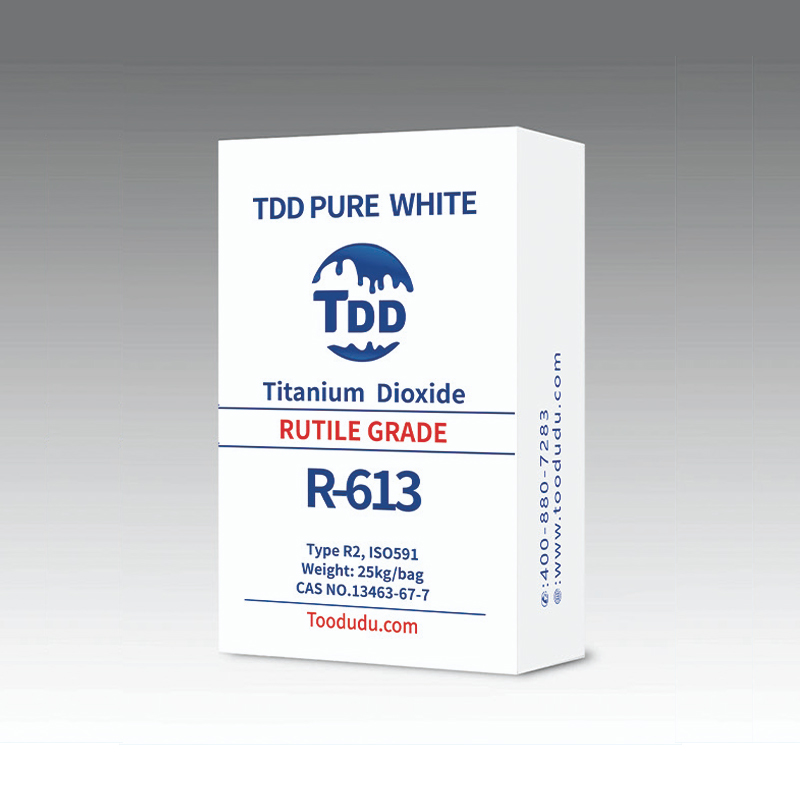 Rutile Titanium Dioxide R-613
Rutile Titanium Dioxide R-613 -
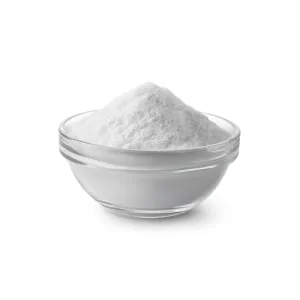 Feed Grade L-Lysine
Feed Grade L-Lysine -
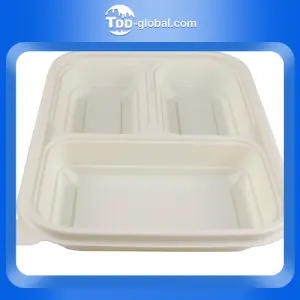 Manufacturers direct selling gift packaging boxes 3 compartment cornstarch rectangle food container
Manufacturers direct selling gift packaging boxes 3 compartment cornstarch rectangle food container -
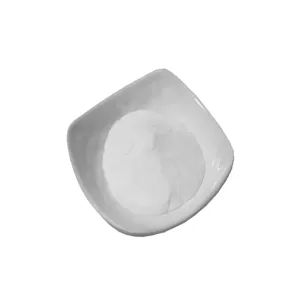 Ultrafine Heavy Active Calcium Carbonate 1250 Mesh
Ultrafine Heavy Active Calcium Carbonate 1250 Mesh -
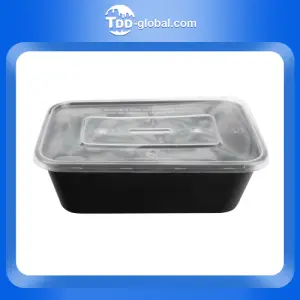 F750 disposable rectangle plastic container 750ml takeaway salad fast food lunch box
F750 disposable rectangle plastic container 750ml takeaway salad fast food lunch box -
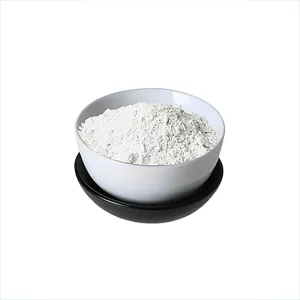 High Whiteness Calcined Kaolin for Plastics 1250 Mesh
High Whiteness Calcined Kaolin for Plastics 1250 Mesh
Q
what are passenger vehicles
I'm a seasoned industrial engineer with a keen interest in machine learning. Here to share insights on latest industry trends.
Zircon is not a type of rock but rather a mineral. It is composed primarily of zirconium silicate (ZrSiO4) and can be found within various rock types, including igneous, metamorphic, and sedimentary rocks. Zircon is known for its high resistance to heat and corrosion, making it valuable in geological dating through uranium-lead isotope techniques. It is also appreciated in the jewelry industry for its gemstone varieties which come in multiple colors due to trace impurities. Zircon crystals can survive in geologically dynamic environments, thus serving as important indicators of geological processes over time.
#10 - Safety Sailing: Keeping you informed on advancements in industrial safety standards and practices.
Yes, there are several reasons why electric vehicles (EVs) are better than gas vehicles:
1. Environmentally Friendly: EVs are zero-emission vehicles. They don't release harmful gases that contribute to global warming and air pollution.
2. Reduced Fuel Costs: Charging an electric vehicle generally costs less compared to the price of gasoline.
3. Lower Maintenance Costs: EVs have fewer moving parts compared to gasoline vehicles, so there's less that can break or need replacement.
4. Noise Pollution: Electric vehicles are quieter than gas vehicles, which reduces noise pollution.
5. Energy Efficiency: EVs convert over 77% of the electric energy from the grid to power at the wheels, while conventional gasoline vehicles only convert about 12%–30% of the energy stored in gasoline.
However, it's also important to note that there are downsides to EVs, such as limited driving range, longer refueling time, and high initial cost.
1. Environmentally Friendly: EVs are zero-emission vehicles. They don't release harmful gases that contribute to global warming and air pollution.
2. Reduced Fuel Costs: Charging an electric vehicle generally costs less compared to the price of gasoline.
3. Lower Maintenance Costs: EVs have fewer moving parts compared to gasoline vehicles, so there's less that can break or need replacement.
4. Noise Pollution: Electric vehicles are quieter than gas vehicles, which reduces noise pollution.
5. Energy Efficiency: EVs convert over 77% of the electric energy from the grid to power at the wheels, while conventional gasoline vehicles only convert about 12%–30% of the energy stored in gasoline.
However, it's also important to note that there are downsides to EVs, such as limited driving range, longer refueling time, and high initial cost.
You May Like
Polypropylene oxide (PPO) is a versatile chemical compound used in a variety of industrial and commercial applications. It serves as a precursor for producing polyurethane foams, which are widely used in the automotive, construction, and furniture industries for insulation, cushioning, and structural parts. Additionally, PPO is utilized in the manufacturing of propylene glycol, a common ingredient in pharmaceuticals, cosmetics, and food products for its humectant properties. Its application extends to the production of lubricants, adhesives, and certain types of plastics that require flexibility and durability. Due to its reactivity and ability to form polymeric structures, PPO is crucial in creating materials that offer specific mechanical and thermal properties to meet diverse requirements.
When titanium is alloyed with other elements. it becomes much harder than some steels. However. titanium is lighter than steel and more resistant to corrosion than steel.
The density of titanium is 4.506 grams per cubic centimeter.
You May Like
Q&A
- •titanium what is
- •what is the common uses for low density polyethylene
- •can you paint pvc molding
- •is polypropylene synthetic
- •eso how to get zircon plating
Popular Information
- •Syensqo partners with Tomra to advance the sorting of multilayer PVDC packaging waste
- •State steps in to arrest milk adulteration
- •China Domestic PVC Prices fell on December 2
- •GACL commissions expansion of caustic soda plant at Dahej
- •Mixed trend in EBITDA growth for specialty chemicals in Q3FY23: ICICI Securities









